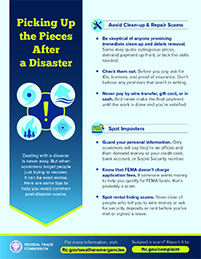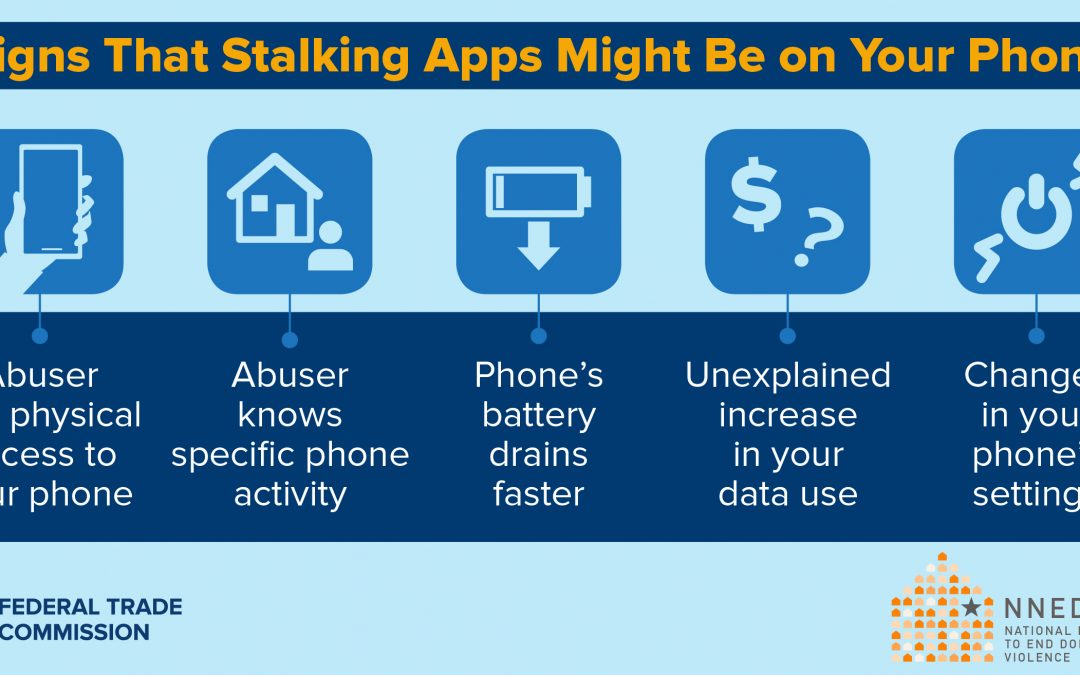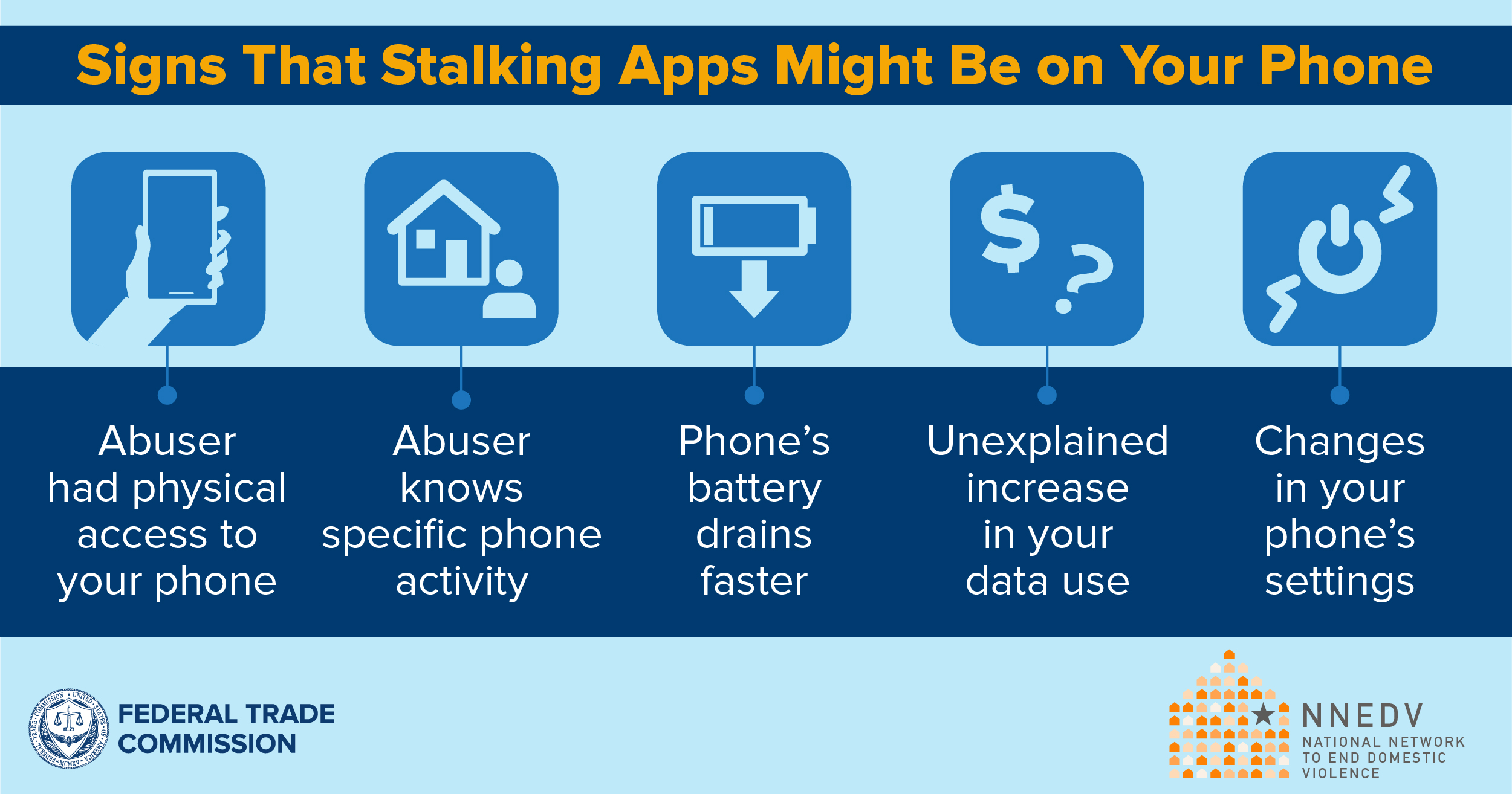by Scott Muniz | Sep 3, 2021 | Security, Technology
This article is contributed. See the original author and article here.
On August 25, 2021, Atlassian released security updates to address a remote code execution vulnerability (CVE-2021-26084) affecting Confluence Server and Data Center. Recently, CVE-2021-26084 has been detected in exploits in the wild. A remote attacker could exploit this vulnerability to take control of an affected system.
CISA urges users and administrators to review Atlassian Security Advisory 2021-08-25 and immediately apply the necessary updates.

by Scott Muniz | Sep 3, 2021 | Security
This article was originally posted by the FTC. See the original article here.
Whether you’re starting to assess the damage from Hurricane Ida, the recent flooding in Tennessee, the wildfires in the West, or another natural disaster, coping with the aftermath is never easy. But when scammers target people just trying to recover, it can be even worse. Here are ways to help you avoid common post-disaster scams.
- Be skeptical of anyone promising immediate clean-up and debris removal. Some may quote outrageous prices, demand payment up-front, or lack the skills needed.
- Check them out. Before you pay, ask for IDs, licenses, and proof of insurance. Don’t believe any promises that aren’t in writing.
- Never pay by wire transfer, gift card, cryptocurrency, or in cash. And never make the final payment until the work is done and you’re satisfied.
- Guard your personal information. Only scammers will say they’re a government official and then demand money or your credit card, bank account, or Social Security number.
- Know that FEMA doesn’t charge application fees. If someone wants money to help you qualify for FEMA funds, that’s probably a scam.
- Be wise to rental listing scams. Steer clear of people who tell you to wire money or ask for security deposits or rent before you’ve met or signed a lease.
- Spot disaster-related charity scams. Scammers will often try to make a quick profit from the misfortune of others. Check out the FTC’s advice on donating wisely and avoiding charity scams.
Please share this 8.5 x 11 infographic, Picking Up the Pieces after a Disaster, and social media image in your community. 
Bookmark Dealing with Weather Emergencies. If a weather event or disaster affects you, come back for more tips on recovery and information about your rights. Like all our materials, the site is mobile-friendly, so you’ll have ready access to information when and where you need it.
Suspect a scam? Report it to the FTC at ReportFraud.ftc.gov. Want information on the latest frauds and scams we’re seeing? Sign up for our consumer alerts.
Brought to you by Dr. Ware, Microsoft Office 365 Silver Partner, Charleston SC.
by Scott Muniz | Sep 2, 2021 | Security, Technology
This article is contributed. See the original author and article here.
Cisco has released security updates to address a critical vulnerability affecting Cisco Enterprise Network Function Virtualization Infrastructure Software (NFVIS) Release 4.5.1. A remote attacker could exploit this vulnerability to take control of an affected system. For updates addressing lower severity vulnerabilities, see the Cisco Security Advisories page.
CISA encourages users and administrators to review Cisco advisory cisco-sa-nfvis-g2DMVVh and apply the necessary update.

by Scott Muniz | Sep 1, 2021 | Security
This article was originally posted by the FTC. See the original article here.
Phone monitoring apps designed to avoid detection by the owner of the phone don’t just invade your privacy — they make it possible for stalkers and domestic abusers to track the location of the person they are targeting in real-time.
Stalkerware apps can give an abuser secret access to their target’s location, phone conversations, text and email messages, and photos. Some can even take pictures, turn on the microphone to record calls, and send commands by text to make the phone vibrate or ring.
The FTC sued a stalkerware app company Support King, LLC, which operated as SpyFone.com, and its CEO Scott Zuckerman. SpyFone, the company’s app, allowed users to secretly track another person’s mobile device. The FTC says the company secretly harvested and shared data on people’s physical movements, phone use, and online activities through a hidden device hack. According to the FTC, SpyFone failed to ensure people were using the app for legitimate purposes and didn’t protect the information it collected, allowing stalkers or domestic abusers to stealthily track their potential targets and exposing device owners to hackers, identity thieves, and other cyber threats.
When sellers of so-called stalking apps don’t want the phone’s owner to discover the app, they do things to hide it. SpyFone, for example, gave users step-by-step instructions on how to disable notifications warning owners that their phones were being monitored. Once installed, the only trace of the app would appear in the phone’s settings — but it was called “System Service,” making it hard for owners to discover.
If you suspect that someone abusive is secretly monitoring your phone, your first instinct may be to uninstall the app. But that can tip off the abuser. Before you uninstall the app, talk with a domestic violence counselor to make a safety plan and discuss whether you should get help from law enforcement. You may also need to check if your phone was jailbroken. In some cases, it might be safest to get a new phone.
Learn more about the steps to consider if you think there’s a stalking app installed on your phone. And do what’s best in your particular situation.
Wondering if there’s a stalking app on your phone? Here are some signs to look for.

For more information, check out the National Network to End Domestic Violence’s technology safety tips. For more help contact the National Domestic Violence Hotline at thehotline.org or 1-800-799-SAFE.
Brought to you by Dr. Ware, Microsoft Office 365 Silver Partner, Charleston SC.
by Scott Muniz | Sep 1, 2021 | Security, Technology
This article is contributed. See the original author and article here.
Google has released Chrome version 93.0.4577.63 for Windows, Mac, and Linux. This version addresses vulnerabilities that an attacker could exploit to take control of an affected system.
CISA encourages users and administrators to review the Chrome Release Note and apply the necessary updates.





Recent Comments